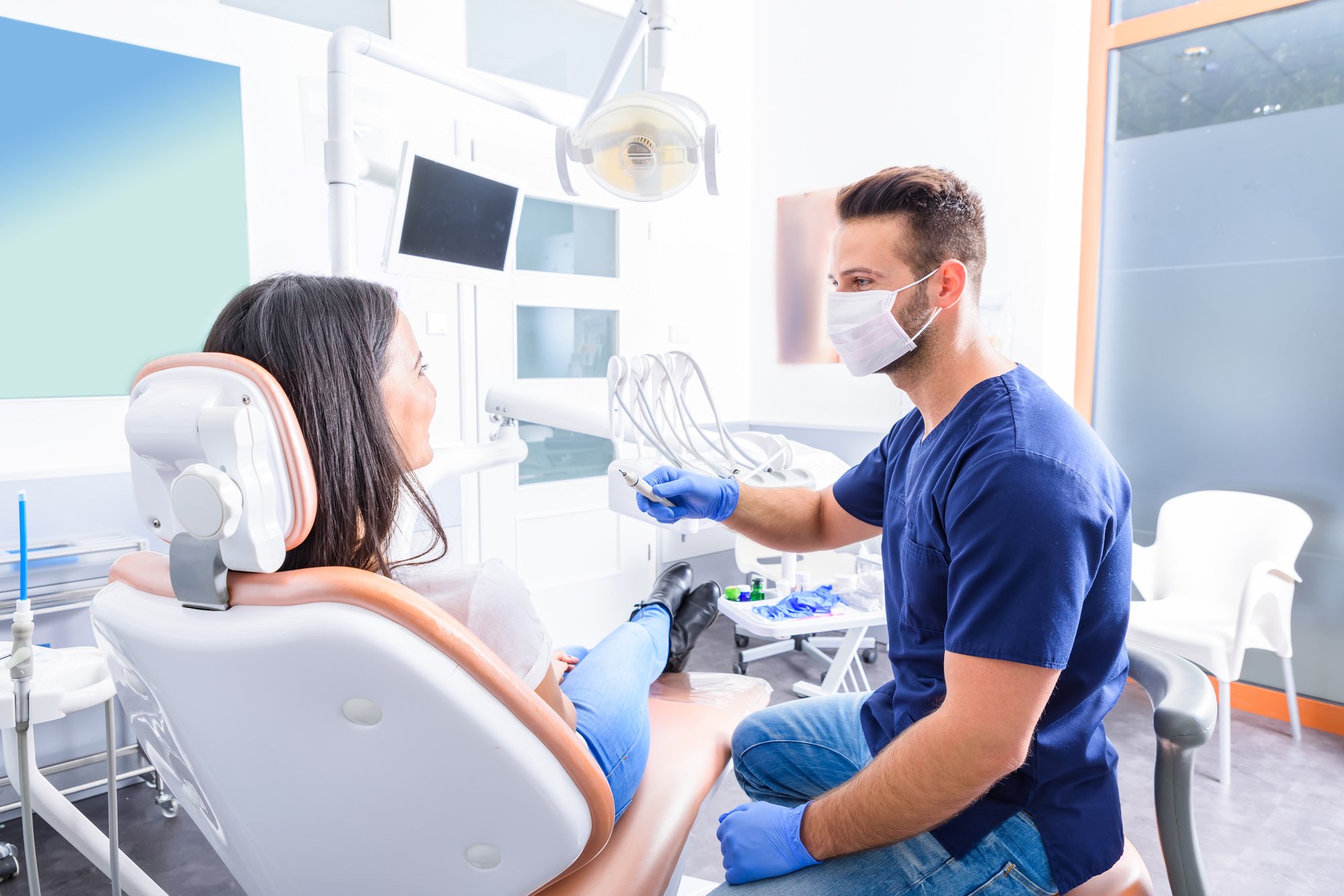Oral Surgeon - An Expert in the Surgery of Your Mouth

Oral surgery is a medical specialty focused on reconstructive oral surgery, usually of the jaw, face, oral cavity, neck and head, and face. It also includes oral surgeries on the gums, lips, tongue, palate, and the teeth. An oral surgeon is trained in all aspects of oral surgery and must be board certified in respective specialties to do so. This ensures that they are skilled in performing the various operations that are relevant to their area of specialization. There are many people who consider oral surgery as nothing more than a form of cosmetic dentistry and are not aware of its importance or relevance in daily life.
Oral surgery involves the dental implantation of replacement tooth or teeth for example; a complete or partial denture and dental implants. In addition to this, it also involves dental root canal treatment, dental bridges and crowns, gum surgeries, veneers, whitening procedures, lumineers and bite reclamation. Most of these require oral surgery specialists in order to carry out the procedure successfully. People who visit general dentists for regular check-ups and cleaning might not require such surgery if all they need is tooth brushing and taking regular flossing. However, if there are parts of their face that they are not able to clean properly or if there are visible signs of gum disease, they will require this procedure.
Most people who are interested in this type of specialized field will first have to travel to a dental school to obtain their dental degree. This will be followed by an oral surgery internship where they will be taught all about oral surgery and what exactly they will be required to perform during their surgical procedure. The oral surgeons who are graduated from dental schools are eligible to practice independently after holding several years of specialized training. Once they are ready, they can either register themselves with a specific clinic or surgery center or set up their own dental practice. However, before doing so, they will still need to pass the state certification board exam.
The oral surgery specialists at the agoura dental group perform several different types of surgical procedure that are aimed at improving the appearance of the mouth and improving the health of the jawbone and gums. The most common surgical procedure that is performed by oral surgeons is referred to as maxillofacial surgery. This kind of surgery involves the diagnosis and treatment of conditions including fractures, trauma, chipped and worn teeth, sagging jaws and mouth sores.
Another specialty of oral surgery is dentistry where the oral surgeon is also known as a periodontist. In dentistry, the oral surgeon is also known as a dental surgeon as they are mainly involved in dealing with diseases affecting the bones and tissues found below and above the gum line. This includes diseases like periodontitis, gingivitis, gingivolage, gum grafts and removal of gum tissue. An oral surgeon might also deal with diseases that affect the nerves and connective tissues that surround the teeth. An oral surgeon's job will also include treating and diagnosing diseases of the maxillary sinus and the maxillary salivary glands.
Oral surgeons are licensed by the American Dental Association (ADA). They meet stringent requirements before they can practice in the United States. Before you can be a qualified oral surgery specialist you need to have completed the required schooling and passed all necessary certification boards. You will find it very easy to find a qualified and experienced dentist to perform oral surgeries but you need to make sure that the one you choose has experience in performing the procedure that interests you. If you probably want to get more enlightened on this topic, then click on this related post: https://en.wikipedia.org/wiki/Oral_and_maxillofacial_surgery.
